RDL – what is it?
Author:
Unlock your full potential by engaging with our experts and community! Have questions about your fitness journey or looking for expert advice on weightlifting techniques? Don’t hesitate — leave a comment below and Sergii Putsov will provide a personalized answer and insights to help you reach your goals.
Torokhtiy is reader-supported. Some links are affiliate links, and we may earn a commission at no extra cost to you. See our disclosure page for details.
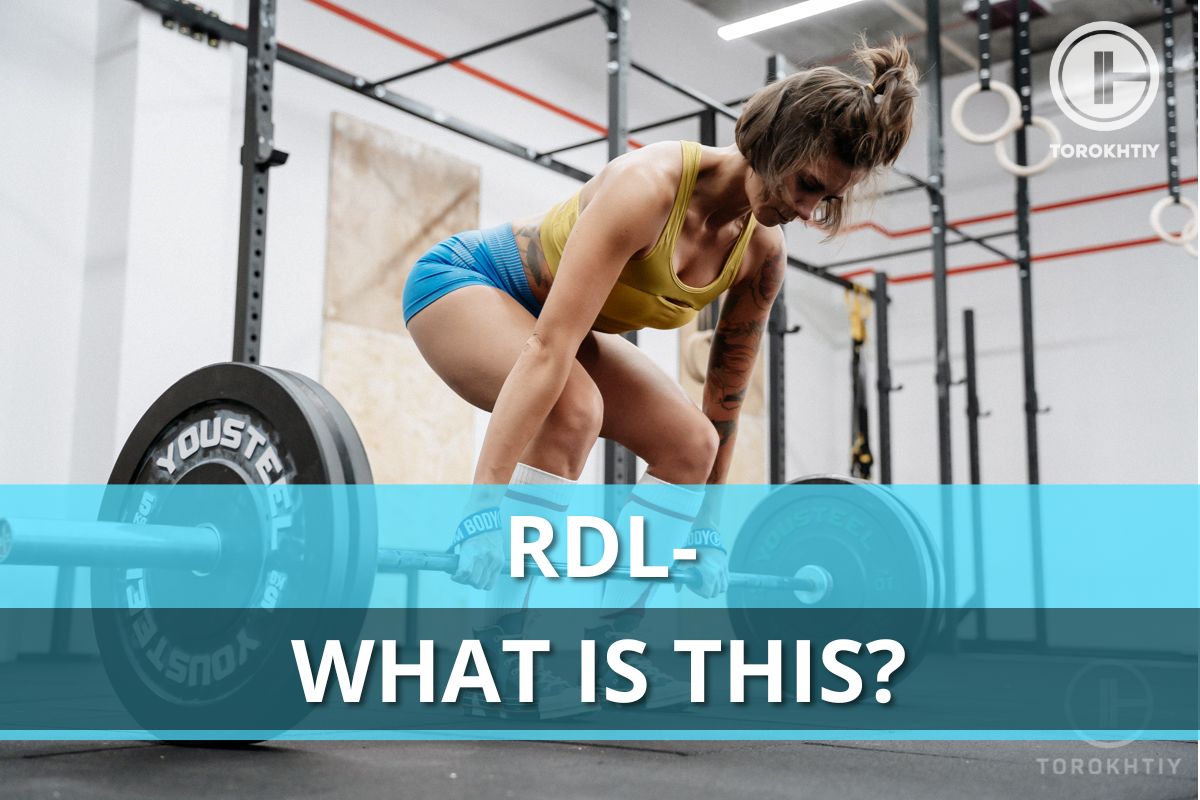
The Romanian Deadlift (RDL) is a well-recognized and popular exercise among weightlifters. It is also widely used in powerlifting, fitness, and bodybuilding. How to perform this exercise and what is the origin story? Find out in this article below.
When I was a professional athlete, we used to do RDL regularly though, as it happens among young athletes, I wasn’t that interested in where exercises and their names had come from. In those years I didn’t delve into all strange exercise names. I didn’t have a clue about the history of the Gakk Squat or RDL, besides, I found out about the Smith machine, the Arnold Press, the Scott bench, and the French Press only after I started my coaching career.
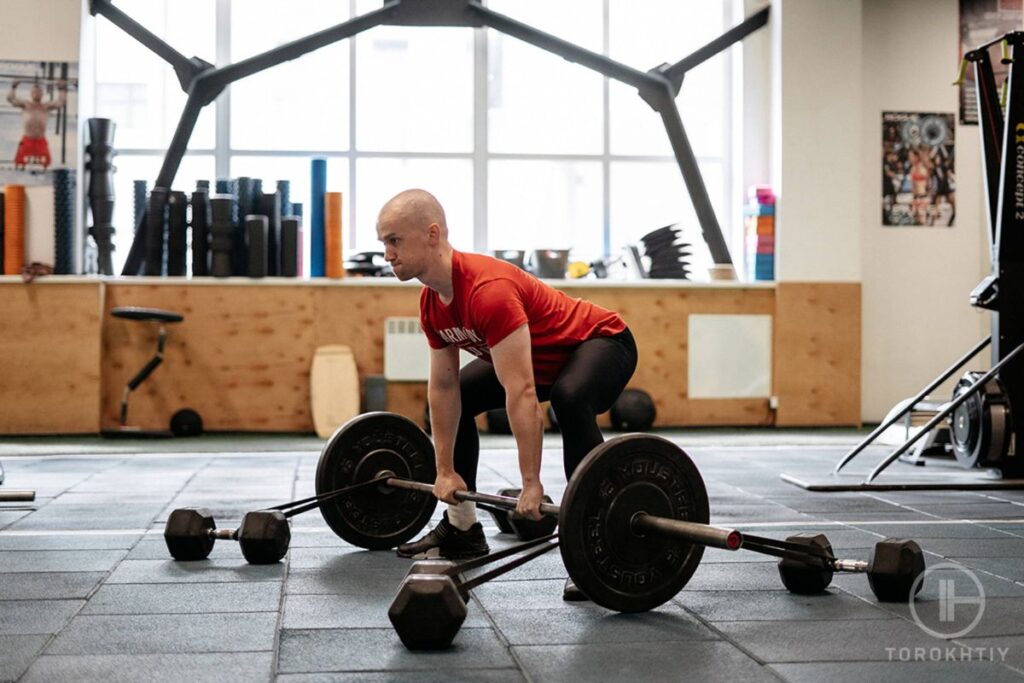
But for the sake of justice, I should admit that I knew about the Sots Press as Victor Sots is my fellow countryman. Moreover, Peter Alaev, who raised this renowned weightlifter, used to be the head coach of the national team during my senior sports career.
RDL is a well-recognized and popular exercise in weightlifting. It is also widely used in powerlifting, fitness, and bodybuilding. In health-related fitness and rehab workouts, a unilateral RDL is often performed (a single-leg variation) in order to involve stabilizer muscles and train balance and coordination.
You may like it:
- Detailed Olympic Weightlifting Program For Beginners
- 12-Week Weightlifting Program For Women (Detailed Example)
- Create Your Olympic Weightlifting Program (Examples Included)
I’m going to remind you of the RDL technique, just in case.
Grab the barbell with a clean grip (a medium grip may be used in order to activate the lats and core muscles) and perform a lifting movement from starting position. Do not straighten up completely: maintain a slight bend in your knees as well as in your hip joints, keep your shoulders over the bar, your chest open, and the back straight. Then lower the bar slowly almost to the very platform (T&G is also possible), keeping your back perfectly straight and knees slightly bent, after that, return almost to the upright position.
You should always remember 2 crucial details:
- maintain your back straight all the time
- always keep a slight bend in the knees
Follow us!
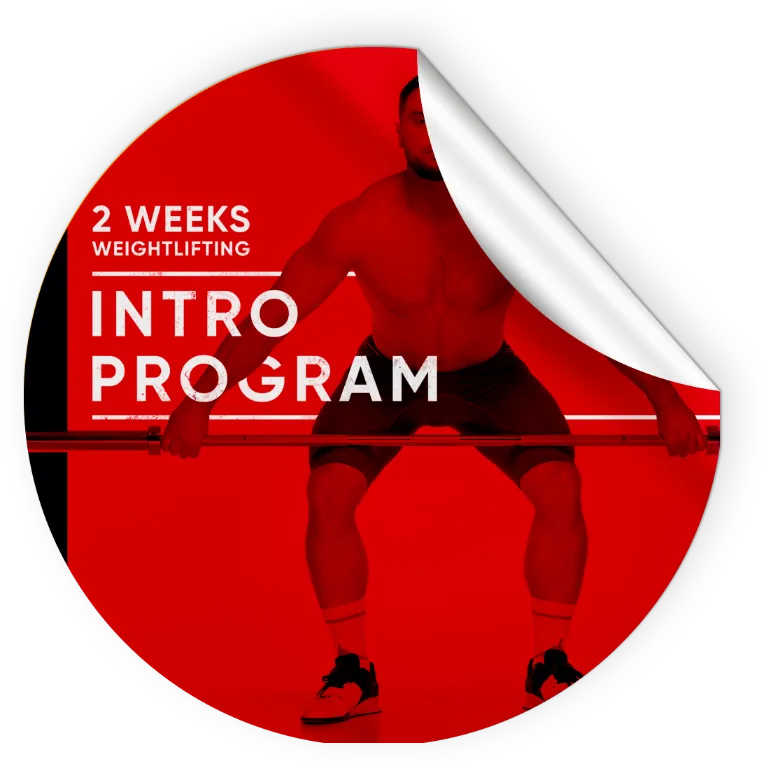
Free!
Get a 2-week Weightlifting Program as a bonus for the subscription to kickstart your training plan!

Free!
By following this technique, you actively involve back muscles (especially the lower back), glutes, and hamstrings.
I was frankly fascinated by the RDL origin story when I first heard it from my American friend and a weightlifting coach. He had found out about it during a coaching seminar from the legendary Jim Smiths – the coach of the USA Olympic weightlifting team in 1980, 1988, and 1992.
It all happened in his own gym in San Francisco in 1990. The Olympic champion, world champion, and world record holder Nicu Vlad from Romania and his coach Dragomir Cioroslan used to work out there.
For those who don’t know, Nicu Vlad is the only athlete who managed to snatch 200 kilos in the weight category 100 kg at the international competition.
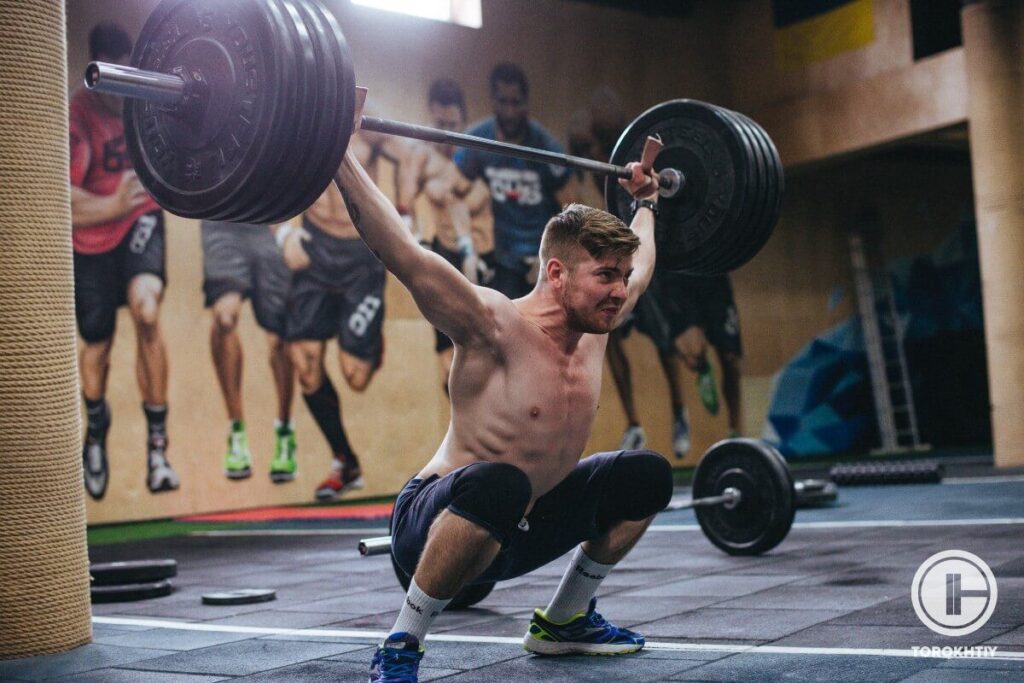
They were in the USA at the Goodwill Games in 1990 which took place in Seattle. The USA Weightlifting Federation invited Nicu and Dragomir to conduct a small training tournament around some gyms in the USA and Jim’s one was among them. At that workout, Nicu lifted 220-230 kg in the Clean and Jerk and then started doing this exercise – a dynamic deadlift without full extension. He did a series of 250 kg for 3 reps.
Someone from the viewers asked what exercise he was doing. Nicu just shaked his shoulders and said that they performed this exercise to train their back and make the Clean faster. Either said Dragomir. It captured everybody’s attention so they asked Nicu to show that with a lighter weight and explain how to perform that step by step. One man did some notes and asked about the exercise name. A long pause followed as Nicu and Dragomir had no name for that deadlift so Jim Smiths suggested: “Let’s call it the Romanian Deadlift or RDL in shorthand.” Everyone agreed. That was how RDL was born.
It’s fair to say that this exercise had been used even before but had no special name. For example, the Japanese athlete Yoshinobu Miyake (the Olympic champion of 1964 and 1968) also regularly used the same deadlift. Some people do the Good Morning in the same way without full extension.
I suggest including this exercise in your preparatory period. Use the weight of 80%-100% of your best Clean and Jerk and perform 3-5 reps.
In my own practice, I also perform RDL from a higher platform and combine it with the Shrugs. I choose rather light and comfortable weights in this case to train the backline. Usually, I do RDL during the preparatory period for some additional load or at the transition period as a rest from ordinary pulls. You may also use this complex without lifting straps in order to improve the strength in your forearms and the grip.
Finally, I’d like to remind all the athletes, who plan workouts on their own, to take into account all deadlifts with over 70% of load and include them into calculations to avoid disbalance and overtraining.
Also read:
Why Trust Us?
With over 20 years in Olympic weightlifting, strength training, nutrition coaching, and general fitness our team does its best to provide the audience with ultimate support and meet the needs and requirements of advanced athletes and professional lifters, as well as people who strive to open new opportunities and develop their physical capabilities with us.
By trusting the recommendations of our certified experts in coaching, nutrition, and sports training programming, as well as scientific consultants, and physiotherapists, we provide you with thorough, well-considered, and scientifically proven content. All the information given in the articles concerning workout programming, separate exercises, and athletic performance, in general, is based on verified data.
The product testing process is described in more detail here.
Author: Sergii Putsov
Head of Sport Science, PhD
Best Results: Snatch – 165 kg,
C&J – 200 kg
Sergii Putsov, Ph.D., is a former professional weightlifter and National team member, achieving multiple medals in the 94 kg weight category at national competitions. With a Master’s degree in “Olympic & Professional Sport Training” and a Sport Science Ph.D. from the International Olympic Academy, Greece, Sergii now leads as the Head of Sport Science. He specializes in designing training programs, writing insightful blog articles, providing live commentary at international weightlifting events, and conducting educational seminars worldwide alongside Olympic weightlifting expert Oleksiy Torokhtiy.



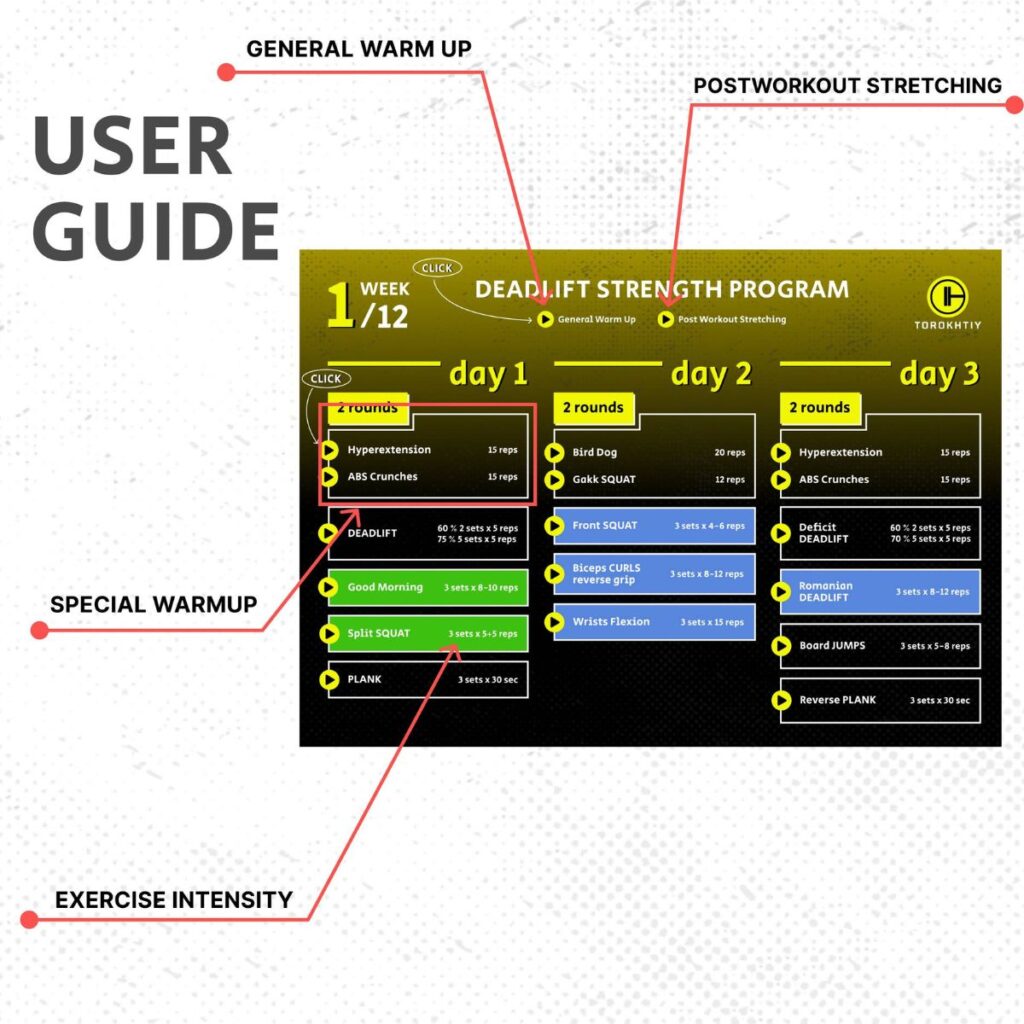
Still have questions after reading our article? Unlock your full potential by engaging with our experts and community! Don’t hesitate — leave a comment below and Sergii Putsov will provide a personalized answer and insights to help you reach your goals.